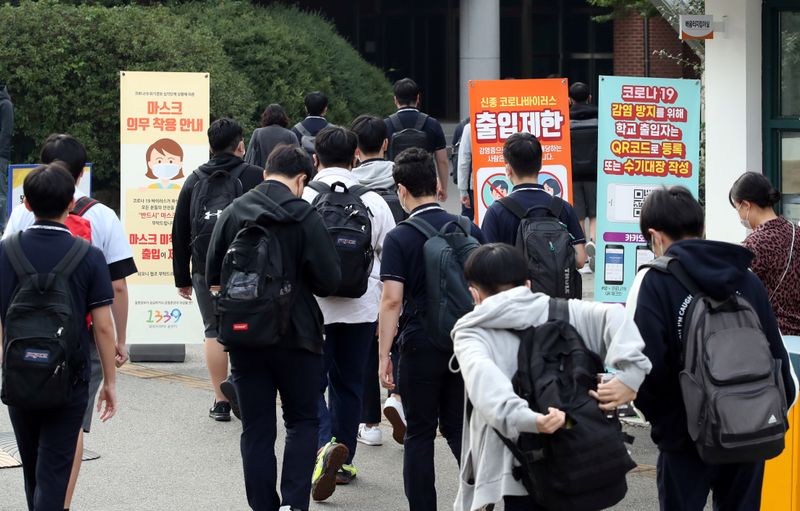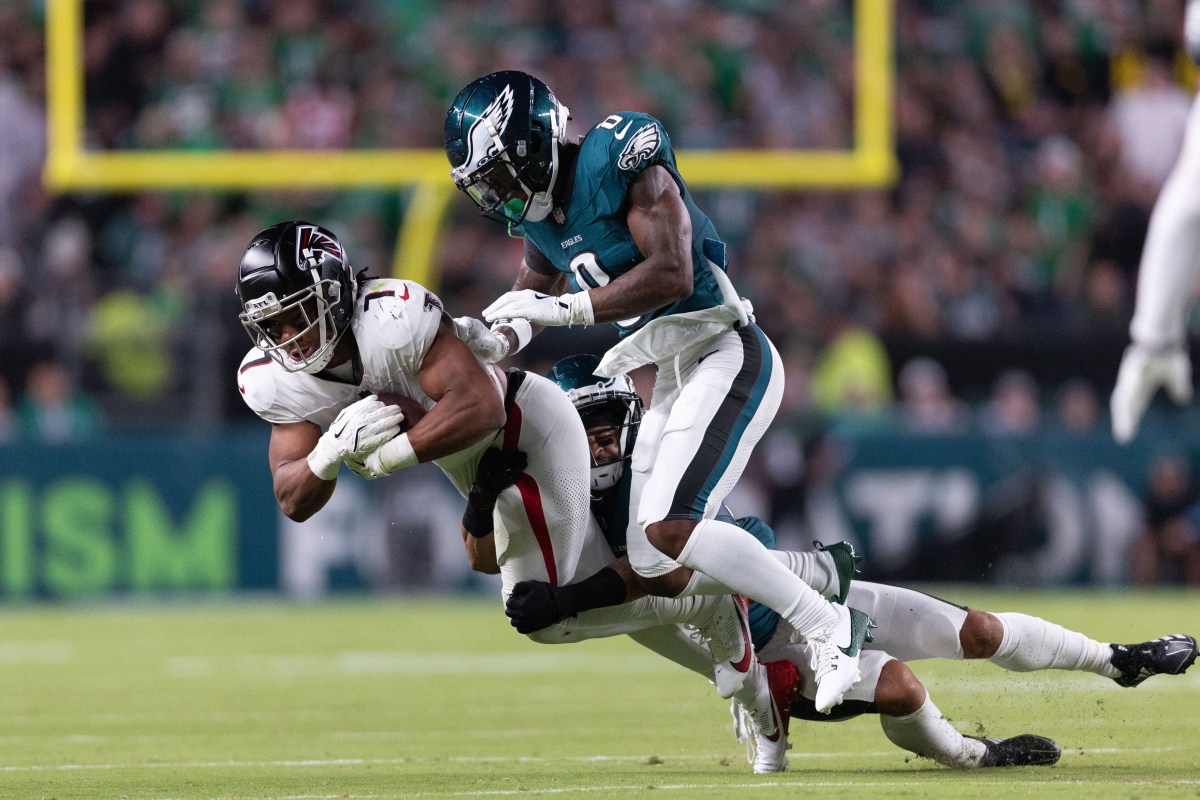SEOUL (Reuters) – South Korea on Friday said it would impose tighter restrictions during the Chuseok autumn holiday weeks when people traditionally reunite with families, flagging the risks of new clusters of coronavirus infections.
The new curbs apply to at least 11 high-risk facilities in the densely populated Seoul metropolitan area.
The curbs include the closure of nightclubs and bars in the Seoul area and keeping at least a 1-metre distance between tables at restaurants and cafes with more than 20 seats. Under the restrictions, all churches remain online and cinemas and theatres should leave every other seat empty and have all patrons wear masks.
Those restrictions are on top of the current so-called phase two social distancing, which limits indoor gatherings to 50 people and outdoor gatherings to 100, and bans spectators from sporting events.
The new measures will be in place from Sept. 28 to Oct. 11. Korea’s Hangul holiday, which memorializes when King Sejong introduced the language’s unique characters, is on Oct. 9.
Asia’s fourth-largest economy managed to contain the virus and avoid a full lockdown this year, but infections at a church and political rally in August sparked the country’s largest outbreak.
It peaked at more than 440 new cases at the end of August, and despite a steady decline since then, officials say they fear the holiday, which runs from Sept. 30 to Oct. 2, may lead to another spike.
“We are at an important crossroads that will decide whether we will be able to return to the phase one social distancing policy or revisit another COVID-19 outbreak,” Health Minister Park Neung-hoo told a briefing.
Park urged residents to hold online visits during the holiday and outsource the tidying of ancestors’ graves, one of the main Chuseok traditions.
The Korea Disease Control and Prevention Agency reported 114 new coronavirus cases as of midnight Thursday, bringing the country’s total to 23,455, with 395 deaths.
(Reporting by Sangmi Cha. Editing by Gerry Doyle)





















